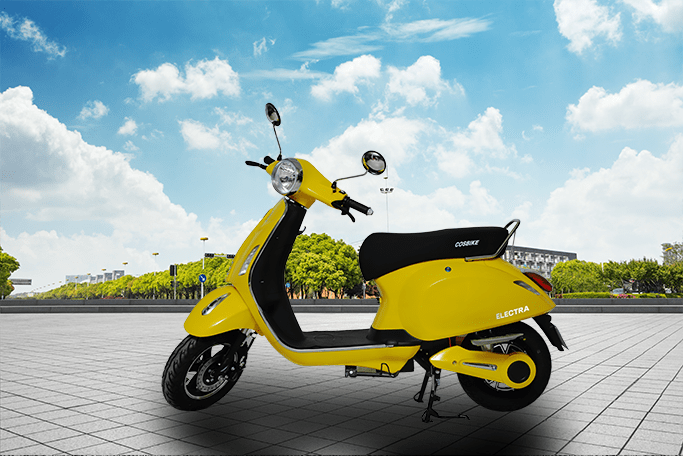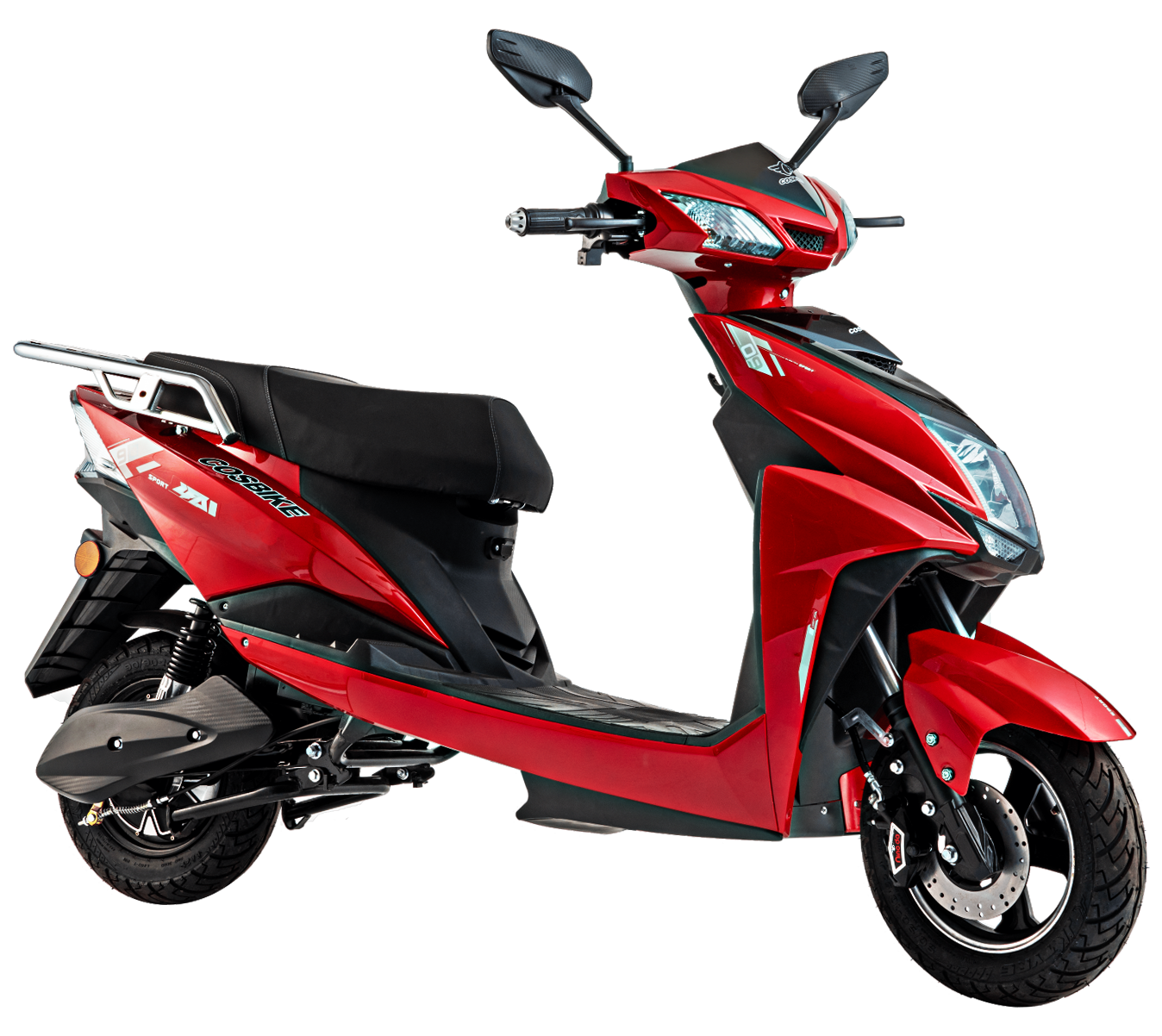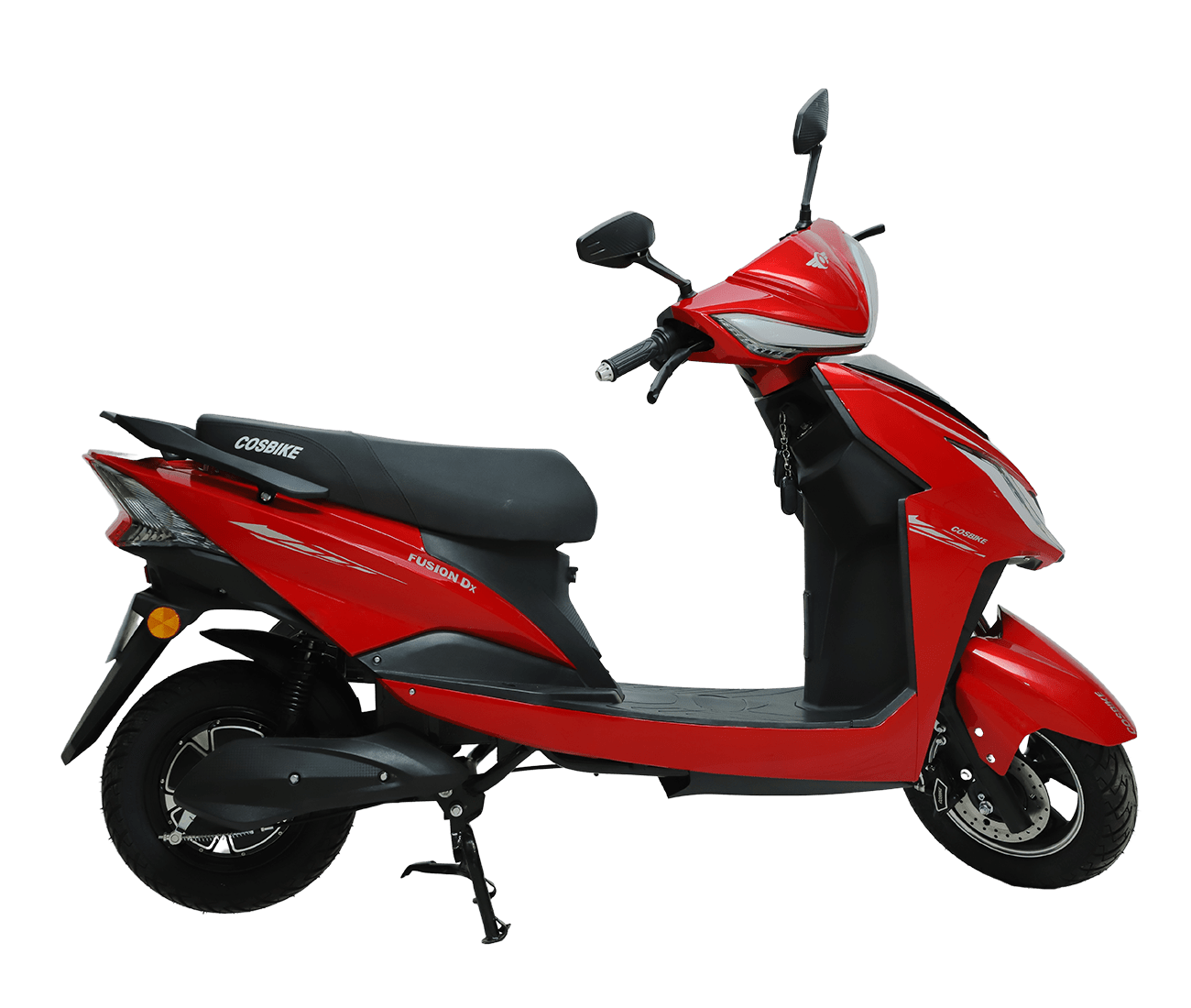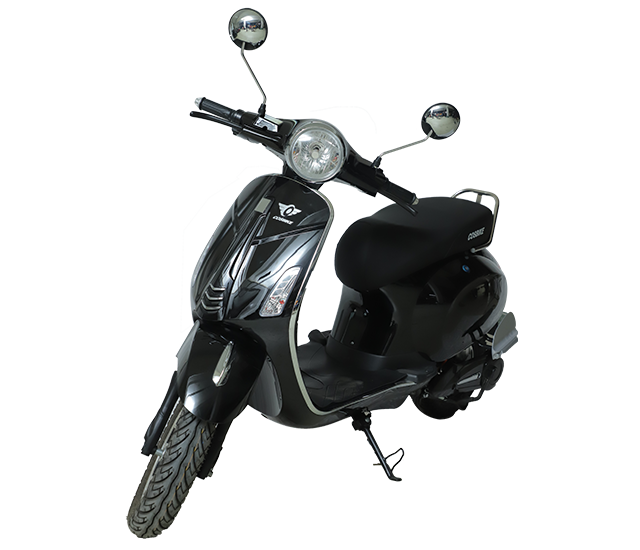The elimination of numerous schemes and benefits associated with the purchase of EVs has led to a decline in sales. Authorities in many states are reportedly eliminating the generous incentives that prompted so many people to purchase EVs. As a result, the prospects for the greater good are being harmed, and the market for electric vehicles is suffering as a direct result of these policies.
Early EV implementation in India was significantly aided by subsidies. Both producers and buyers benefited from the subsidies or bonuses. The EV industry is still in its infancy, but many experts have called these subsidies a lifeline for the sector as a whole. Many state governments are considering eliminating electric vehicle rewards, which has sent the manufacturing industry into a tailspin because of the potential for a significant drop in revenue and profits.
The Rise of India's EV Industry:
According to the IPCC's latest annual report, human activity is the primary factor in causing dangerous climate change. Human actions have led to an increase in temperature, an increase in precipitation, a decrease in ice caps, an increase in sea levels, etc.
There was a perfect storm of factors that resulted in the development and widespread adoption of electric vehicles. The environmental impact of driving an electric vehicle is minimal, and its lower carbon demand makes it a more sustainable choice.
State subsidies in India have helped a plethora of EV manufacturers thrive, and Indian consumers continue to show a healthy dose of fascination with this novel and potentially revolutionary mode of transportation. For instance, Amo Mobility Solutions has released a line of state-of-the-art electric two-wheelers (e-bikes and e-scooters) that are both aesthetically pleasing and inexpensive to operate and maintain.
Steps were taken by the Indian government toward the introduction of EVs:
The Indian government has supported electric vehicles and pledged to completely replace gasoline and diesel vehicles by 2030. In addition to increasing its use of electric vehicle, India would also become a major producer of such vehicles for export around the world. In 2019, we took a step in the right direction with the adoption of FAME II, which stands for Faster Adoption and Manufacturing of Hybrid and Electric Vehicles. The overarching policy is meant to accommodate the need for financial incentives for EV drivers in India. However, only 10% is invested in improving the supercharger network, meaning that 86% goes toward investment incentives.
Earlier than FAME II, the government spent 343 crores on FAME I to fund the purchase of 2,78,000 Up to Rs. 15,000 per kWh of battery capacity was provided by the federal government for motorcycles and scooters. 40 per cent of the cost of the bike was covered by rebates and discounts. The government provides Rs. 10,000 per kWh of the storage capacity for four-wheeled vehicles, up to a maximum of Rs. 1.5 lakhs.
Roughly twenty states followed the federal government's lead in favouring electric vehicles. Regular state buses will be replaced with electric engines in four cities, and the state of Andhra Pradesh aims to have 10 lakh electric vehicle on the road by then.
The state of Gujarat is proud to announce its plan to have 1 lakh electric vehicle on the road by the end of 2022. This number includes 80,000 2W vehicles, 140,000 3W automobiles, 1500 buses, and 4,500 cars. Owners of electric vehicles would benefit from a 50 per cent reduction in their motor vehicle tax burden and a complete waiver of the application fee. Public charging stations for electric vehicles would offer free electricity to anyone in need.
Registration fees and road taxes in Telangana will be waived entirely for the first two lakh electric scooters; 23,000 three-wheelers; and 5,000 four-wheelers. There is a ten-year duty holiday for public electric vehicle charging stations.
Conditions After Subsidy and Incentive Cuts:
With so many rebates and tax breaks available, the electric vehicle's future is bright for both buyers and sellers. However, it seemed like they were taken aback by the onset of withdrawal effects. The Ministry of New and Renewable Energy decided to end all EV-related incentives on March 31. To the tune of 70 per cent, according to the manufacturers, EV sales were devastated by the recall.
According to some factories, as a result of the cuts, they have lost contracts with approximately 250 distributors. The manufacturers request at least 50–60 crores to be used for EV buyers' subsidies.
Concluding Remarks:
The Delhi government's sudden elimination of all subsidies for EV vehicles has effectively put a stop to production in the region. If the rest of the states follow this example, the sector will collapse without a solid foundation. For India to achieve its goal of becoming a carbon-free state and an electric-vehicle state by 2030, the rewards and tax deductions must be maintained. Only then can companies like Cosbike continue to produce world-class e-scooters and take a stand against global climate change.
Why should the adoption of EVs in India be taken more seriously?
By: Admin | 09 Sept 2022










